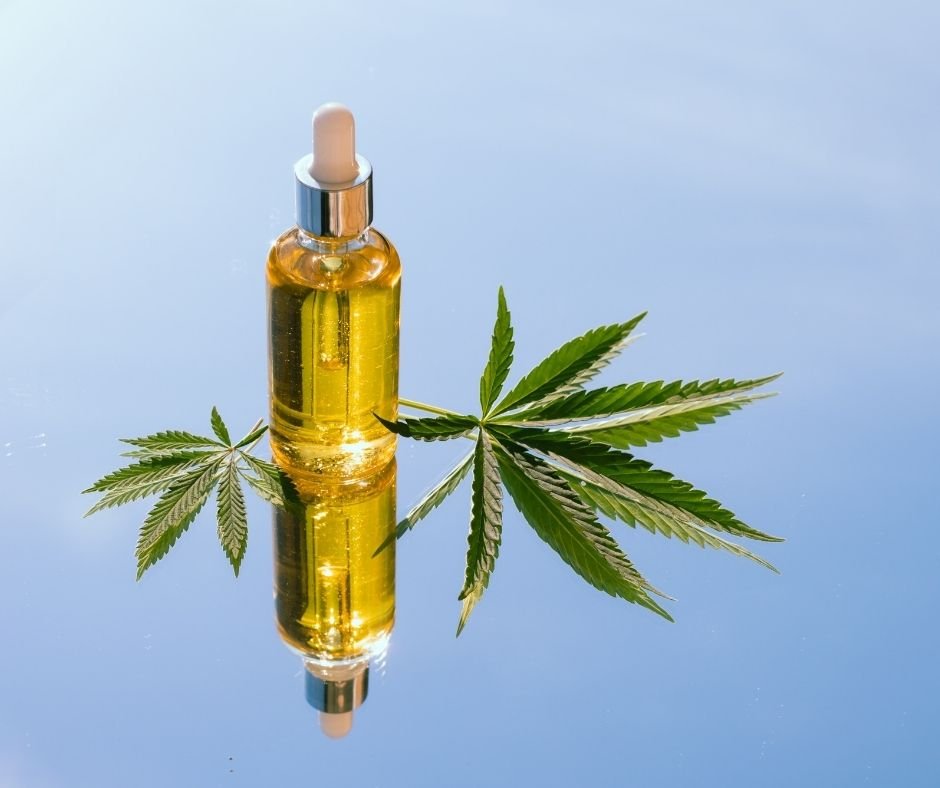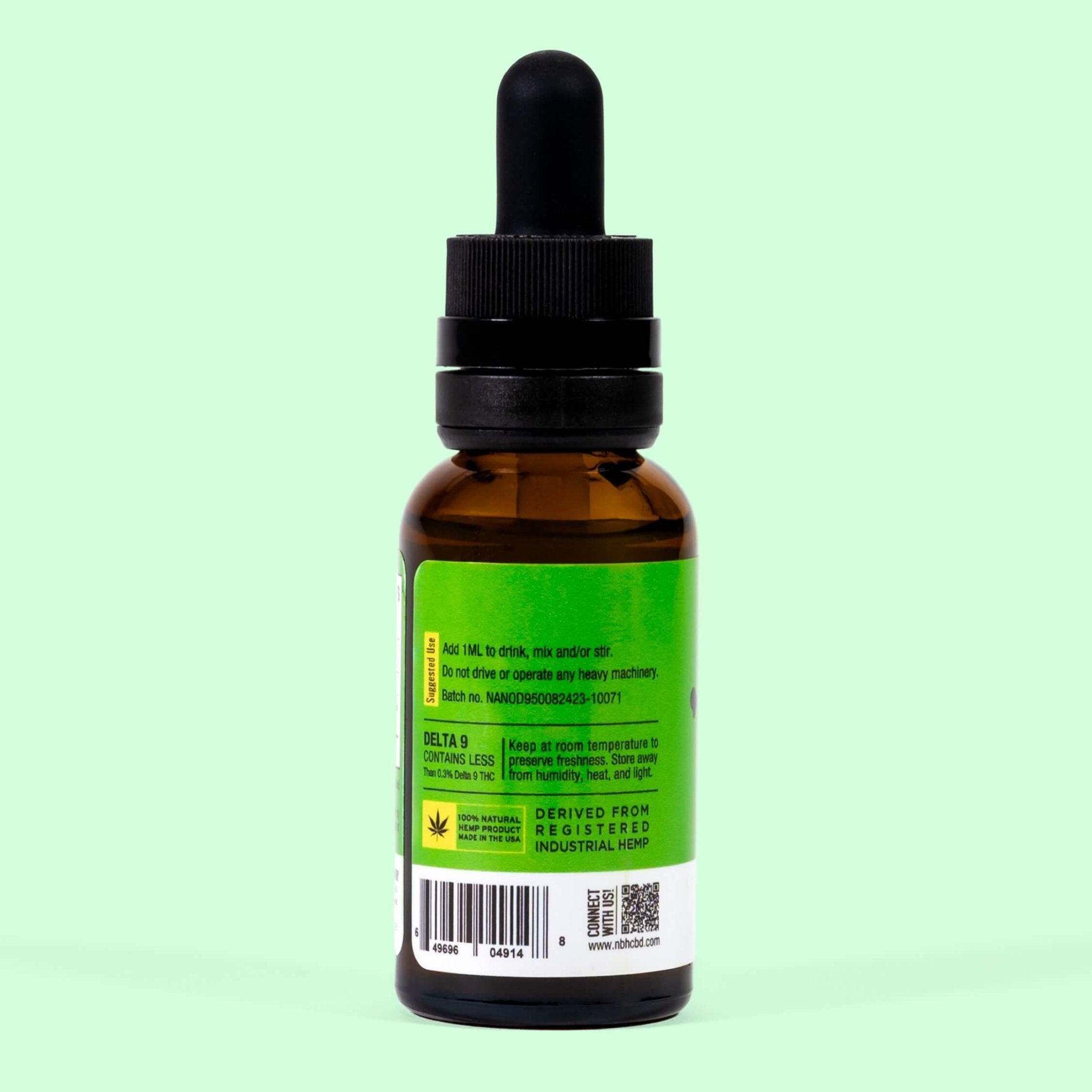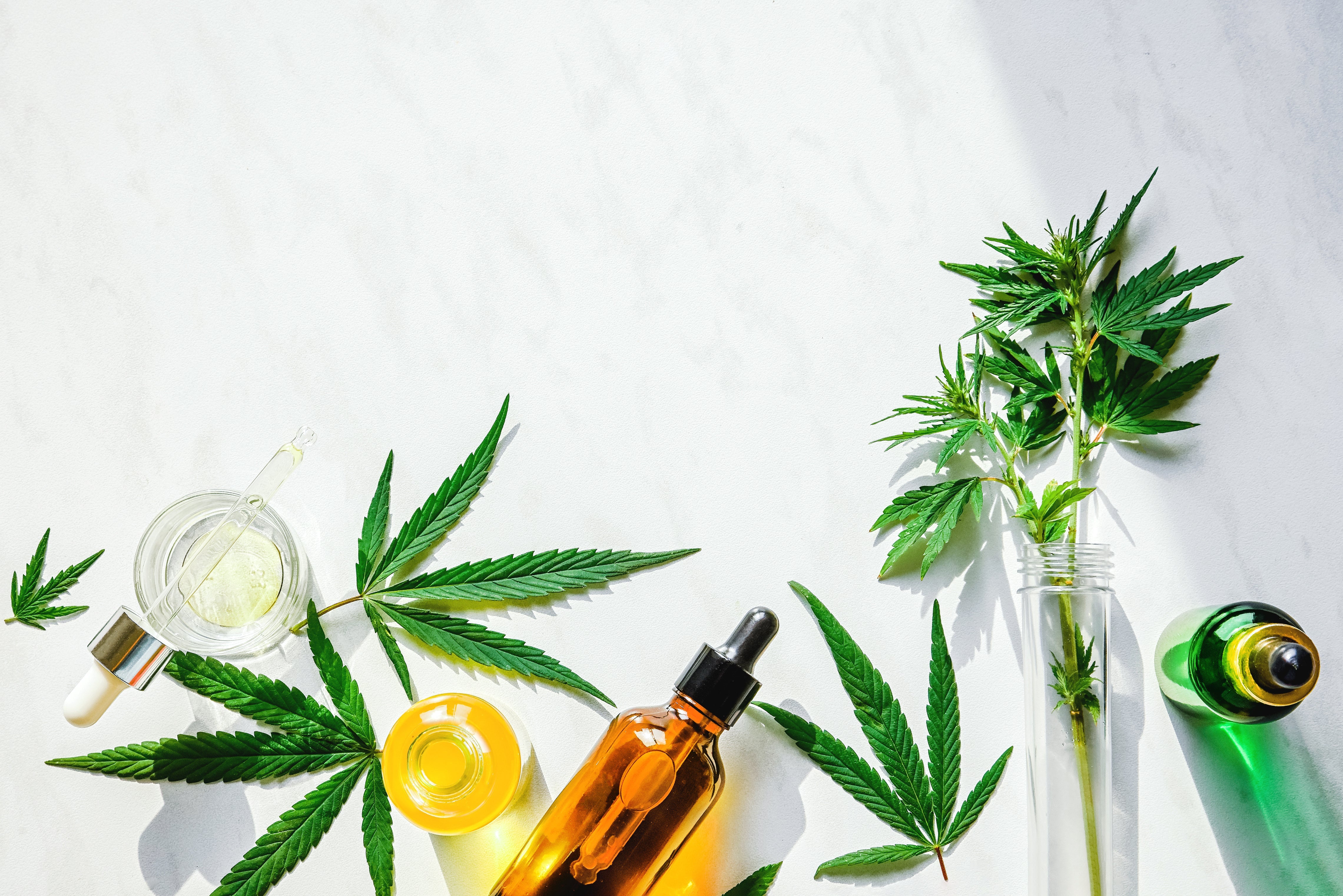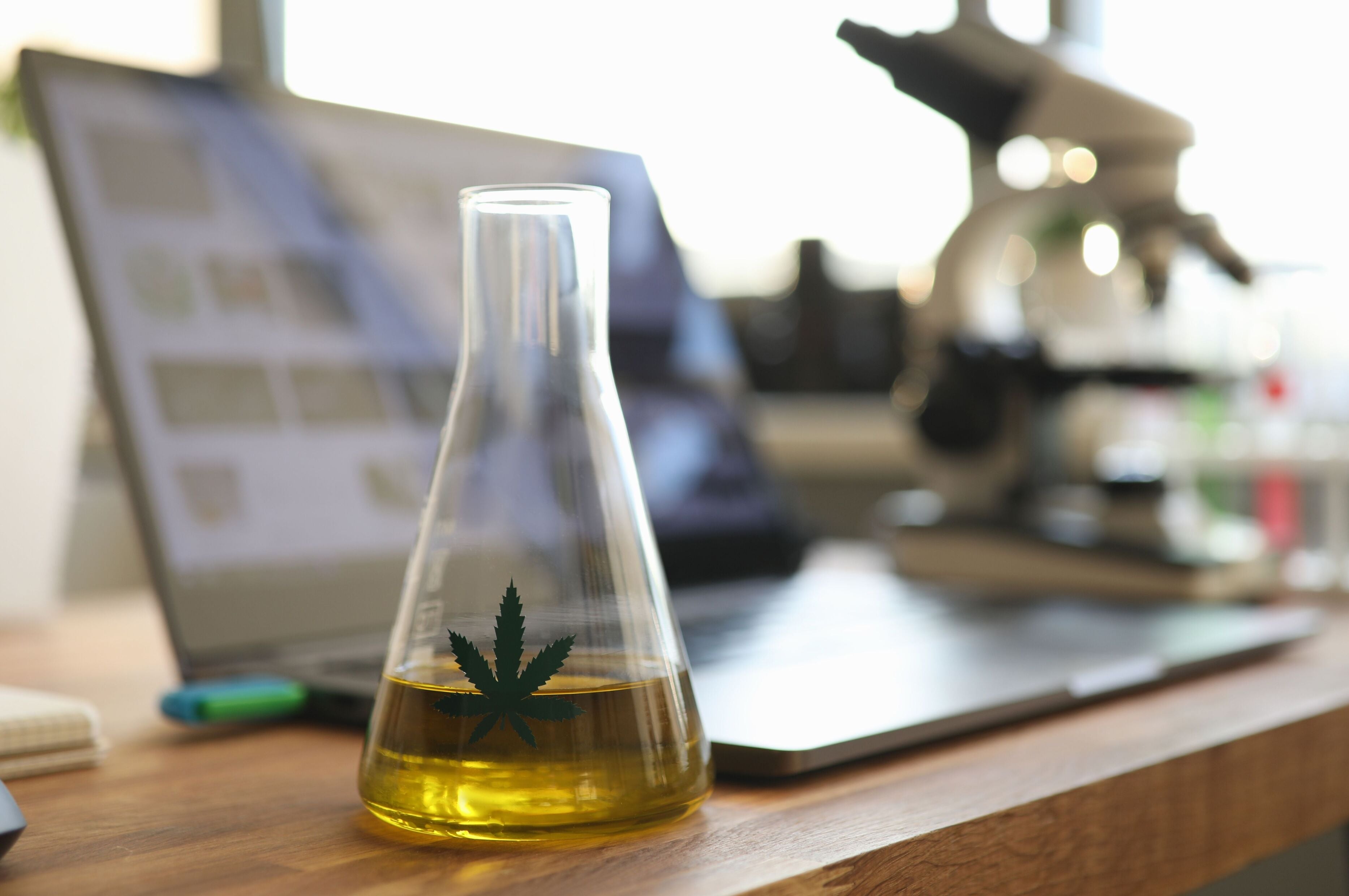
Roughly half of all recovering addicts relapse after a period of sobriety, says the Addiction Center. However, Spanish researchers recently found that CBD may help some recovering addicts from falling off the wagon.
Research that fills a need
The Addiction Center considers cocaine to be a highly addictive drug, but it acknowledges that it can be difficult to recognize cocaine addiction. The Addiction Center’s website explains that the psychological addiction can be the most difficult part for users to overcome, but cocaine can cause physical dependence as well.
“Once someone becomes addicted to cocaine, it can be very hard to stop. This is because cocaine abnormally increases the level of dopamine in the brain, eventually reprogramming the brain reward system,” states the Addiction Center website.
There is reportedly no effective medicine to treat cocaine dependence, but there has been some preclinical research indicating that CBD could help treat this dependency. Researchers from the University of Valencia, Spain, and the Carlos III Health Institute in Madrid, Spain, aimed to build on this research with a study of their own.
These researchers discovered that mice treated with CBD were less likely to go back to using cocaine after experiencing a period of non-use. This result held true even after the mice were exposed to triggers that were associated with cocaine re-use.
How the study was conducted
The findings, which were recently published in the Journal of Psychopharmacology, state that all of the mice in the study acquired a cocaine conditioned place preference and then extinguished that conditioned place preference after three or four weeks.
Conditioned place preference is a common method used to investigate and measure the reinforcing effects of drugs or addiction. It involves the test subject developing a Pavlovian association between a drug and a specific location. This method involves four phases, which include acquisition, expression, extinction and reinstatement.
In the previously mentioned study, two of the test groups of mice showed reinstatement of the conditioned place preference — the group that received cocaine priming and the group that was exposed to social defeat.
However, the results showed that CBD on its own did not induce reinstatement. It even prevented mice that received cocaine priming or social defeat from reinstating their conditioned place preference. It also reversed a change in the mice's dopamine neurons that was caused by cocaine priming.
This means that CBD may have the potential to prevent people from going back to using cocaine after a period of sobriety, even if they encounter triggers that otherwise are likely to cause them to relapse.
This study is only the beginning
“This study is consistent with a growing body of animal research suggesting a role for CBD across various addictive spectrum disorders including stimulant use disorders like cocaine and amphetamine . . . This preclinical study helps set the stage for the use of CBD to treat cocaine use disorders in humans,” Stephen Ross told Observer. Ross is a physician and associate professor of psychiatry at New York University’s Grossman School of Medicine. He also serves as the University’s co-director of psychedelic research. He was not involved with this study.
This research could mark the beginning of a journey that ends with CBD being approved as a potentially life-changing addiction treatment. However, this research is only preliminary, and there may be several obstacles to overcome.
One of those obstacles may be the contradictory results of other studies. There has been at least one other study that looked at CBD as a potential treatment for cocaine-use disorder and showed different results. In this study, 40 adults with this disorder were given 800 milligrams of CBD each day, and nearly all of the participants relapsed.
“The fact that one study in humans did not show positive findings does not necessarily mean that cannabidiol is not helpful,” Dr. Ziva Cooper told Ovserver. She is the research director at the Cannabis Research Institute at the University of California, Los Angeles, but was not involved with the previously described studies.
Cooper added, “The take-home message here, really, is that we’re in the infancy of this research, in understanding how CBD might be helpful for substance-use disorder.”
Sources
[1] https://www.addictioncenter.com/rehab-questions/what-happens-if-i-relapse/
[2] https://www.addictioncenter.com/drugs/cocaine/
[3] https://pubmed.ncbi.nlm.nih.gov/33427014/
[4] https://www.sciencedirect.com/topics/neuroscience/conditioned-place-preference
[5] https://observer.com/2021/03/cbd-treat-addiction-studies-show/








































